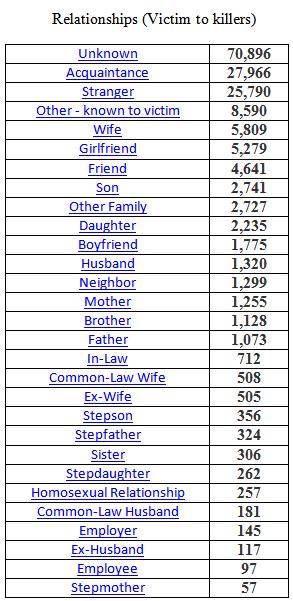My original intention was to use today’s blog to explore water as the central issue in climate change: both with regards to projected impacts, and to adaptation efforts. My focus on water came about largely as a result of the Mauritius conference, where much of the discussion revolved around the impact of climate change on water supply, agricultural productivity and food supply.
As often happens, however, major events have the power to disrupt our best intentions. Even in a blog such as this, I cannot ignore the intense global upheaval that is currently taking place in Egypt, where disparate factions of society are fighting for the power to monopolize Egyptian life. The concept of “live and let live” is sort of disappearing from the lexicon, as hundreds of people are being killed.
The second event that drew my attention had nothing to do with the first, and was, instead, a pleasant event. One of my relatives that lives in Germany, with whom I had lost contact with for more than 40 years, came with his wife to visit us in New York. To make full use of the occasion, I decided to try to update my family tree to incorporate his branch, about which I knew very little. While doing that, something interesting started to emerge. Family trees need constant updating – adding marriages, births, deaths, divorces, etc… More than that, even if we are satisfied with what we have documented, the family tree is never complete. Every marriage adds a potential link to a new tree, and more often than not, that new tree is itself undergoing constant revision. The only “complete” tree set is the global population – all of us.
My desire to construct my family tree stemmed in large part from my Holocaust history, which resulted in the murder of most of my family, with survivors setting down roots in a wide geographic spread that spans the globe. My objective was not to try to trace my ancestry to Adam and Eve but rather, to try to establish the family connections to all of the living members of my family. I was fortunate; both in that the computer technology that facilitates the gathering of such information has developed, and that some members of an older generation are still alive, and able to share some of the crucial links.
It is not unreasonable to assume that the same motivation could potentially expand to include all of humanity. The software is not there yet, but we can identify the requirements. This is not exactly the “Six Degrees of Separation” concept, but it is closely related. Once accomplished, everyone would know in detail how he or she is connected to everybody else. I am fully aware that access to elementary education is not yet universal, and that most people have more immediate concerns in their lives, but I find the possible consequences fascinating.
If, for one reason or another, we wanted to kill somebody, we would know in great detail that we were killing a relative. This knowledge would obviously not eliminate murder from society. The Wall Street Journal compiled murder statistics in the US in the decade of 2000 – 2010. The relation between victims and killers are given below.
 One can set the parameters at will of what constitutes family, but a very significant fraction of these individual murders can be characterized as in-family. Additional familiarity with the family connections between victims and killers, therefore, would probably have little to no effect here.
One can set the parameters at will of what constitutes family, but a very significant fraction of these individual murders can be characterized as in-family. Additional familiarity with the family connections between victims and killers, therefore, would probably have little to no effect here.
On the other hand, awareness of family connections might have a major effect on mass killings and genocides. In the Rwandan Genocide in 1994 the Hutus depicted the Tutsis as “cockroaches,” and the ensuing massacre was portrayed as a mass disinfection. The revelation that many of the Hutus and Tutsis had family connections might have brought some new light to the situation, since if one group consisted of “cockroaches,” then so did the other. Similarly, in the case of the Nazis’ call to exterminate the Jews and Gypsies, realization of family connections might have made a significant change in the political landscape.
Moving away from the discussion of mass killings to instead address today’s environmental issues, the NIMBY (Not In My Back Yard) phenomenon is a major obstacle that prevents us from taking action to mitigate causes of environmental destruction. I have discussed this throughout my blogs (go to the search box and type NIMBY for the full list). It is defined as a belief that, while certain actions are necessary for the common good, others should have to implement them (elsewhere), so that the group in question would not have to get involved. One of the best examples of this has been the reaction to wind turbines, which generate electricity by utilizing the wind energy (and indirectly, solar energy). The general response has been “build them somewhere else, so that they’re somebody else’s problem.” It is easy to shunt off such a necessary burden onto a group of strangers; less easy when it comes to family and acquaintances. If the distinction between “them” and “us” were to disappear, the NIMBY motivation might go away as well, leaving all of us better equipped to collectively take care of our common assets.
It is a dream that will not come true within my lifetime, but it is a dream worth dreaming.

I agree with you. All that is needed is to act. If an individual is aware of these things but not following it then its of no use.They need to act accordingly.
http://www.megaswatch.com